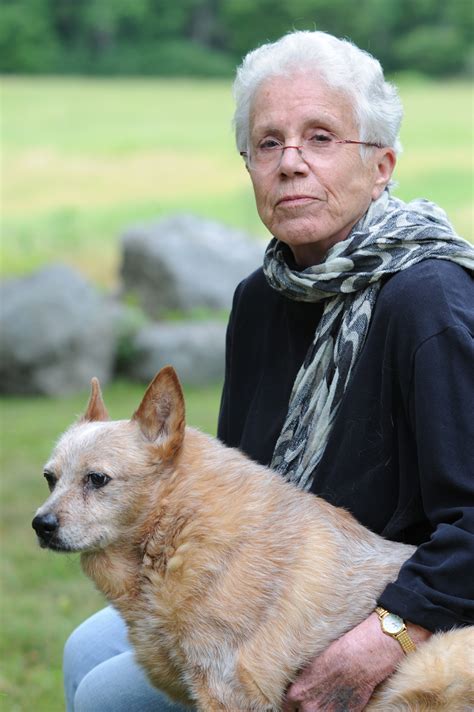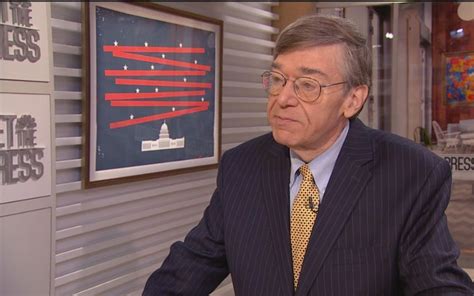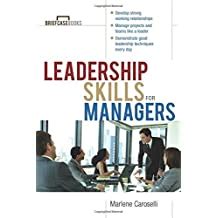A Quote by David Grinspoon
There's no question to my mind that saving our civilization and many other species is more important than our ability to do ground-based astronomy for a few decades.
Related Quotes
I saw that animals were important. I saw that plants were even more important. I was also to learn that compared to many of the other species, we weren't important at all except for the damage we do. We do not rule the natural world, despite our conspicuous position in it. On the contrary, it is our lifeline, and we do well to try to understand its rules.
My aim is to advocate that we make this mental switch in respect of our attitudes and practices towards a very large group of beings: members of species other than our own - or, as we popularly though misleadingly call them, animals. In other words, I am urging that we extend to other species the basic principle of equality that most of us recognize should be extended to all members of our own species.
The ability to double our biomass - not by waiting several million years and growing to be the size of an elephant - but waiting a few hundred thousand years for neurons to sprout into our brains - ones capable of having us create emotional relationships with other members of our species. We thereby double our biomass not by getting bigger, but by creating an ally.
Humans are particularly interesting; our culture is incredible, there's no doubt about that. In many respects, no other species matches ours. But in quite a few respects, they do, and that can help us, perhaps, to better understand our own culture. We look at the ways humans are similar to other animals, and at the ways they differ, rather than just saying, "We have culture and you don't."
If we've learned any lessons during the past few decades, perhaps the most important is that preservation of our environment is not a partisan challenge; it's common sense. Our physical health, our social happiness, and our economic well-being will be sustained only by all of us working in partnership as thoughtful, effective stewards of our natural resources.
Our early 21st century civilization is in trouble. We need not go beyond the world food economy to see this. Over the last few decades we have created a food production bubble-one based on environmental trends that cannot be sustained, including overpumping aquifers, overplowing land, and overloading the atmosphere with carbon dioxide.
There is no doubt about it: we are judged by our language as much as (perhaps more than) we are judged by our appearance, our choice of associates, our behavior. Language communicates so much more than ideas; it reveals our intelligence, our knowledge of a topic, our creativity, our ability to think, our self-confidence, et cetera.





































